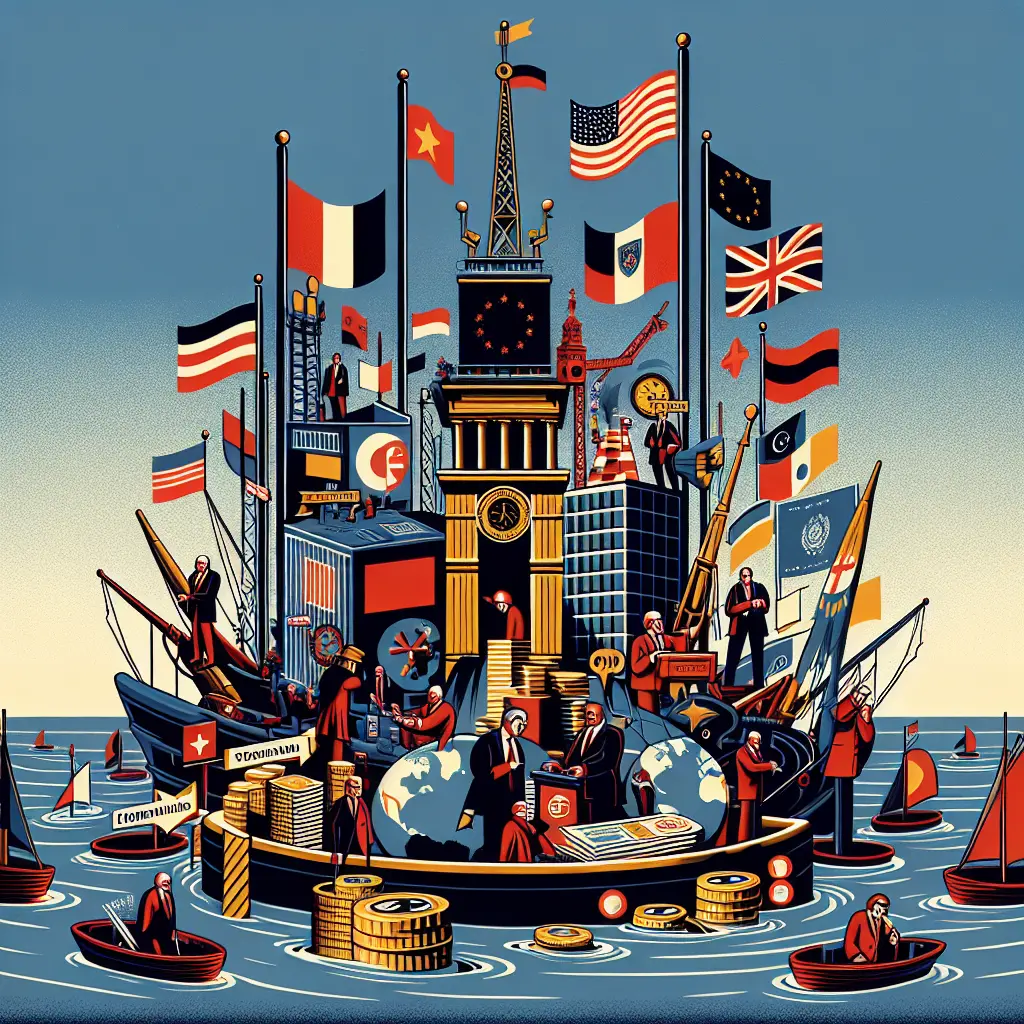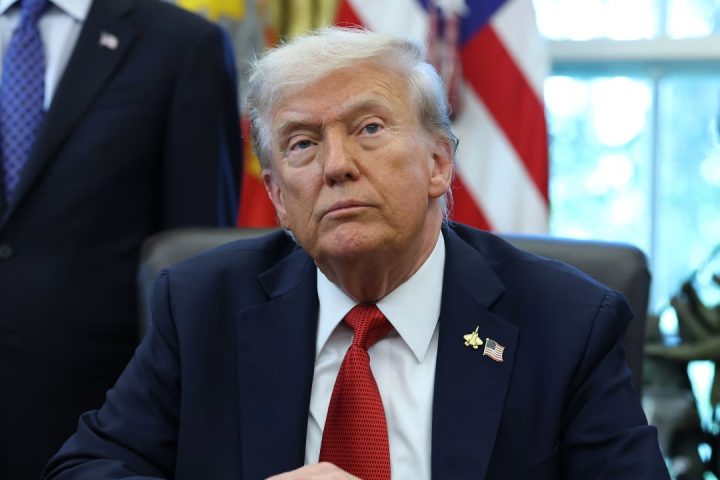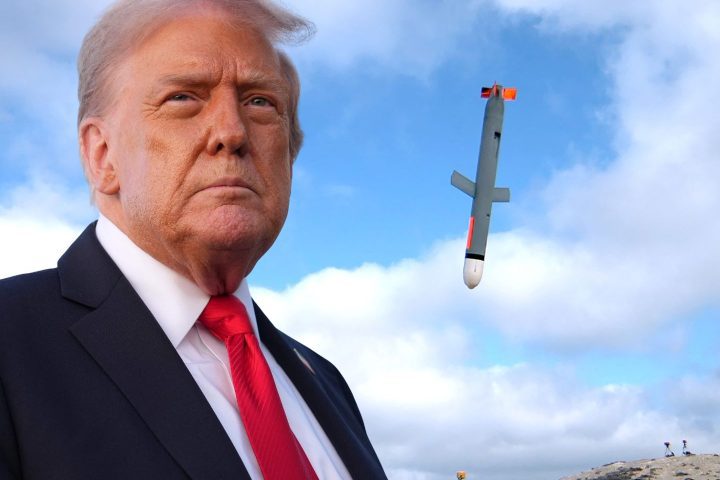BRUSSELS — As the European Commission gears up for a major overhaul in the telecommunications sector, a storm is brewing among key players in the industry.
Set to be unveiled on Dec. 16, the Digital Networks Act aims to revolutionize the existing rulebook to facilitate the deployment of 5G and fiber networks while stimulating investment in Europe’s digital infrastructure.
While this initiative is designed to propel Europe into the next era of connectivity, it is not without its controversies and opposing viewpoints.
Leading telecom giants have long contended that stringent regulations and a fragmented market hinder their ability to expand and generate sustainable profits, impeding the progress of European networks.
Vivek Badrinath, head of the global mobile association GSMA, emphasized the critical role of connectivity in people’s lives, juxtaposed with the industry’s struggle to achieve adequate returns on capital in certain regions.
However, dissenting voices are emerging, outlining the impending battles in the wake of this proposal.
Telecom Titans vs. Tech Titans
Years of advocacy by Europe’s major telecom players to have content-heavy platforms like TikTok and Netflix contribute to network expansion costs appear to have gained traction.
The Commission is deliberating how to address the collaboration challenges between tech firms and telecom providers in its reform strategy.
One contentious option on the table involves granting regulators the authority to mediate potential disputes between the two sectors regarding traffic management.
This move has sparked concerns about potential repercussions, including the erosion of net neutrality principles and the risk of fragmenting the internet and single market.
Opponents argue that such intervention could have adverse effects on consumers, businesses, digital rights, and the sustainability of creative sectors.
On the other hand, tech companies are poised to vehemently oppose any measures that would subject them to obligations equivalent to those imposed on telecom operators.
The clash between telecom and tech entities intensifies as the debate continues over a level playing field in the digital landscape.
Established Players vs. Disruptors
Amid Brussels’ push for deregulation, tensions are escalating between Europe’s major telecom incumbents and emerging challengers who credit the existing regulatory framework for enabling them to challenge legacy players.
Critics argue that the Commission’s deregulatory stance could favor large operators, potentially leading to market consolidation and hindering competition.
Telecom challengers are raising alarms over the potential relaxation of regulations on incumbent telcos, fearing that it could jeopardize market predictability and deter investment, ultimately driving up costs for consumers.
The Commission’s proposed shift away from stringent oversight of dominant players in favor of standard enforcement mechanisms has sparked a heated debate within the industry.
While legacy players advocate for reforms to spur innovation and investment in critical networks, challengers are wary of the implications of scaling back regulations on former monopolies.
National Interests vs. EU Initiatives
National governments are also cautious about the impending reforms, wary of potential encroachments by Brussels into areas they deem as their jurisdiction.
The allocation of spectrum, a vital resource for wireless communication, remains a contentious issue, with national governments auctioning off frequencies for substantial sums.
While the EU aims for spectrum harmonization to enhance wireless communications, many member states prefer to retain control over spectrum management as a crucial policy tool.
The negotiations among EU nations on this issue highlight the divergence of views between member states and the Commission.
Ultimately, as stakeholders navigate the complex terrain of Europe’s evolving telecom landscape, the industry stands at a critical juncture where collaborative efforts are essential to drive economic growth and technological advancement.
















